
US Opens Door For China Advances In The Pacific
China is widely perceived as expanding its Belt and Road Network across the Pacific's watery“Blue Continent” to eventually reach North, Central, and South America plus Antarctica, all the while empowering Beijing's military, markets, international policies and diplomacy.
On May 2, China scored a victory when the strategic Solomon Islands elected pro-Beijing Prime Minister Jeremiah Manele, 55, formerly foreign minister in the China-friendly government of outgoing prime minister Manasseh Sogavare.
The US, Australia, New Zealand and their allies were already worried because the two countries signed a 2022 bilateral Solomon Islands Security Agreement.
Critics feared the China-Solomon Islands pact could allow Beijing to construct a navy base on the islands, situated 2,000 kilometers northeast of Australia. China and the Solomon Islands said the pact would not result in a Chinese military base on the nation's six main islands or 900 smaller islands.
“We are not stupid to ask for a military base, as we ourselves could be a target for a military strike in the future in the event of an armed conflict between the major powers,” Manele, then foreign minister, told Parliament in 2022.
“Having a stable Solomon Islands is also about securing stable and prosperous Pacific region,” he said.
China trained the Solomon Islands' police, provided water cannon vehicles and boosted their anti-riot tactics after unrest, some of it anti-Chinese, disrupted the islands.
Protests, riots, arson and looting erupted in 2021 after the Solomon Islands switched diplomatic recognition from Taiwan to China in 2019 when Manele was foreign minister. Australia, under its joint security pact with the Solomon Islands, sent police to the islands' capital Honiara to quash the civil unrest.
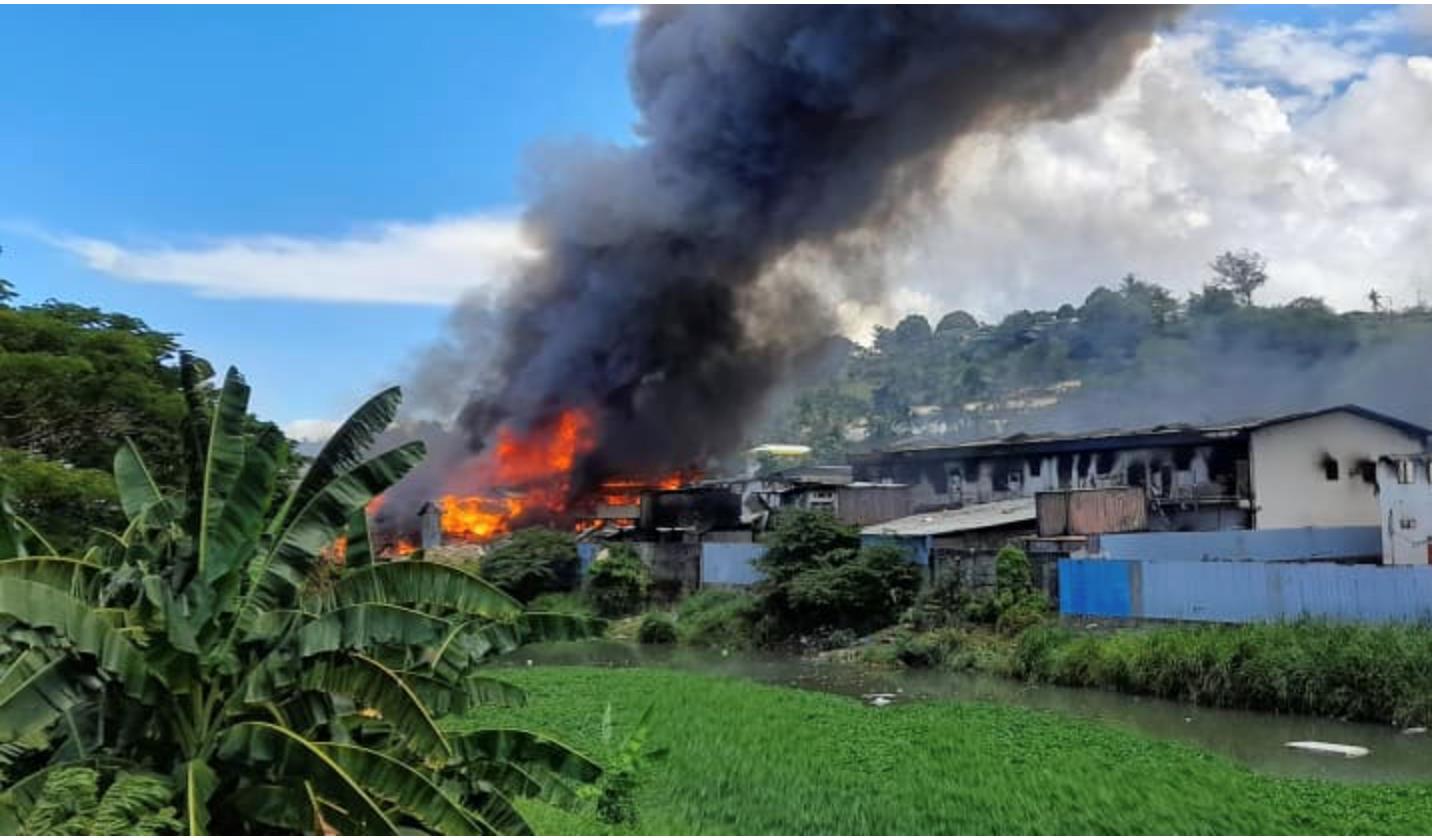
Flames rise from buildings in Honiara's Chinatown on November 26, 2021 as days of rioting saw thousands ignore a government lockdown order. Photo: Asia Times Files / AFP via Getty Images / Charley Piringi
Manele was expected to continue Solomon Islands friendly relations with China, which dramatically strengthened during the administration of outgoing prime minister Sogavare who selected Manele to be a prime ministerial candidate. The Solomon Islands will be“friends to all, and enemies to none,” Manele said.
China's recent construction of an airfield on Guadalcanal, the largest of the Solomon Islands, evoked chilling reminders of America's World War II Battle of Guadalcanal to seize it from Japan.
In 1942, Guadalcanal Island suffered the first large US military offensive to stop Japan's use of the Solomons to air bomb ships sailing between the US and Australia.
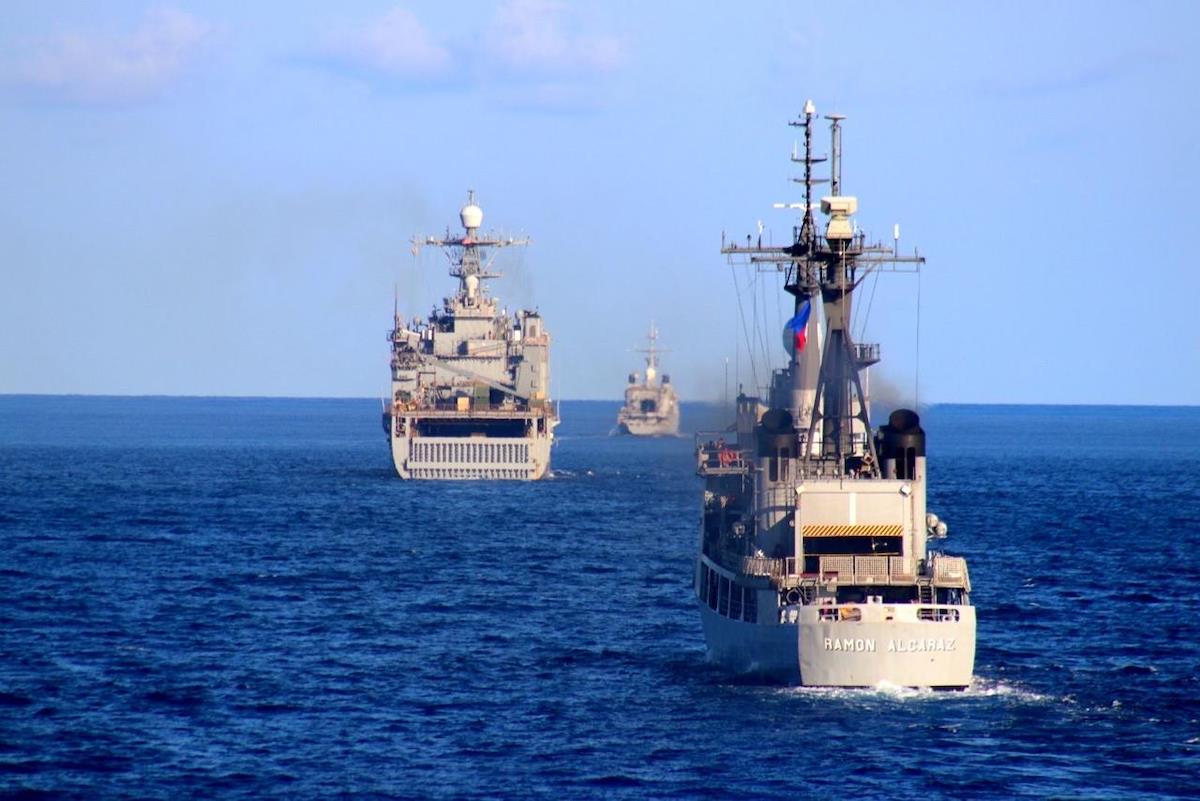
Squad ditches Quad to keep US heat on China
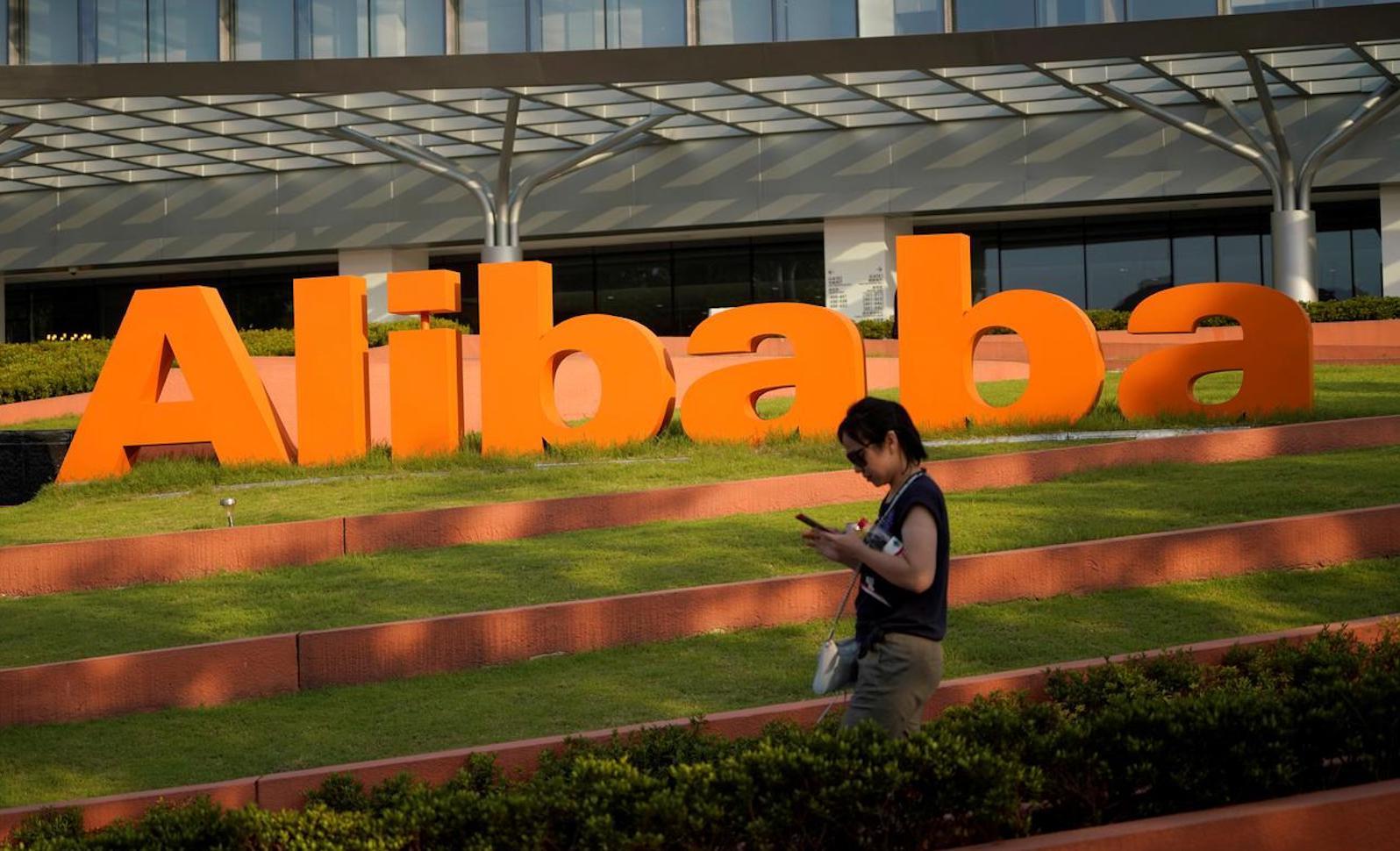
China tech shares hint at economic green shoots
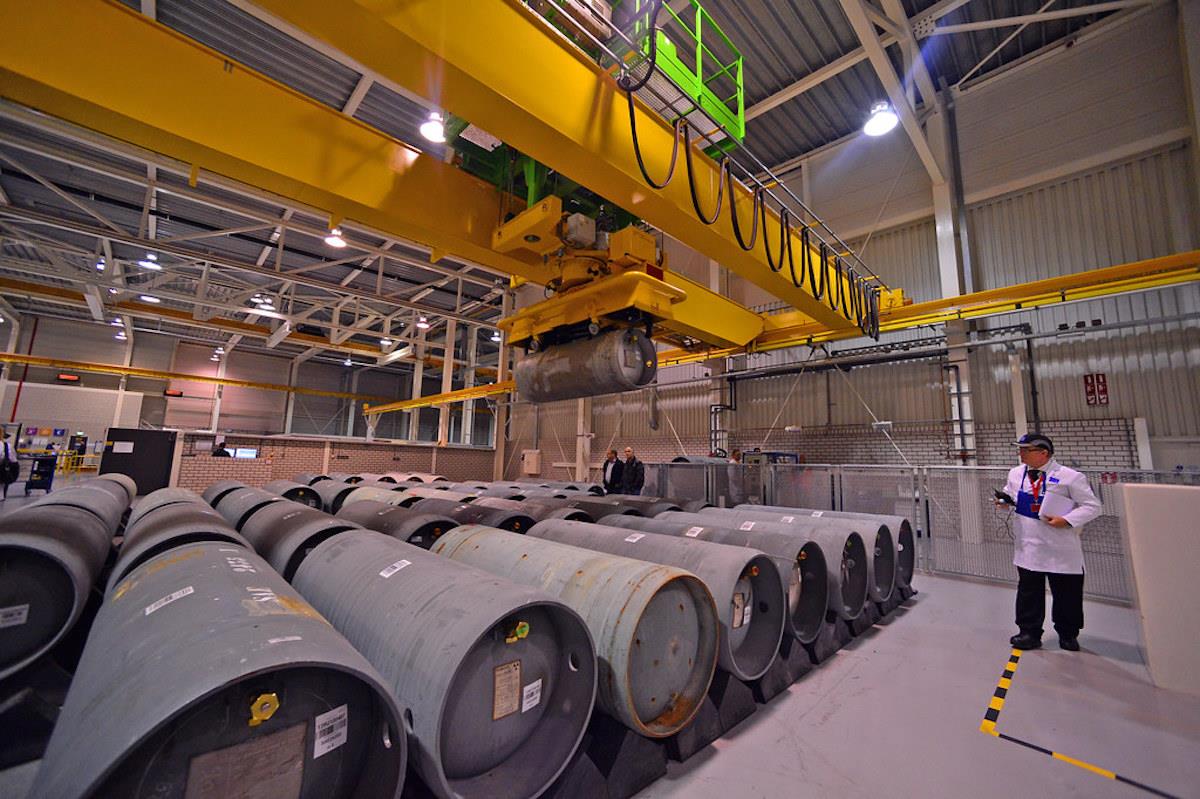
US ban on Russian uranium could backfire
After winning control of the Solomon Islands and other island nations, US forces hopscotched west across the Pacific under intense hostile fire and helped defeat Japan.
Today, many of the Solomon Islands' 720,000 citizens say they favor Manele not for his international stance, but in hopes his Ownership, Unity and Responsibility (OUR) Party will upgrade the islands' poor health care, transportation infrastructure, electricity supply, schools, employment opportunities, housing and other daily needs.
The Solomon Islands is one of the world's poorest nations. China granted the Solomon Islands a $66 million loan so the Chinese telecommunications giant Huawei could construct mobile telecommunications towers on its islands.
Huawei also won a 2018 contract for underwater telecommunication cables to and from the islands, financed by the Solomon Islands and Australia.
In 2023, the Solomon Islands, Tonga, Kiribati, Vanuatu, Papua New Guinea, and the Cook Islands sent delegates to hear China's plan to strengthen law enforcement and security cooperation during a meeting billed as a“Ministerial Dialogue on Police Capacity Building and Cooperation Between China and Pacific Island Countries in Beijing.”
In a joint 2023 statement, the Solomon Islands reportedly agreed to Beijing's positions on Taiwan, Hong Kong, Xinjiang, and Tibet.
“China has been on the front foot across the Pacific for many years, doing trade and security deals with island countries, while the US is only now stepping up with new embassies opening in Vanuatu, the Solomon Islands, Kiribati and Tonga,” said Ben Bohane, a Vanuatu-based Pacific political analyst and photojournalist.
“From an island point of view, the competition has given them leverage for the first time as various powers come to court them – not just China and the US but Arab countries, Israel, Japan and even India,” Bohane said in an interview.
Meanwhile, on the island nation of Kiribati, a“Chinese police delegation team works with the Kiribati Police Service to assist a community policing program, and martial arts kung fu, and an IT (information technology) department, assisting our crime database,” Kiribati's acting Police Commissioner Eeri Aritiera told Reuters in February.
About a dozen Chinese cops in uniform landed for a six-month rotation in 2023 and have since been refreshed.
“We do not believe importing security forces from [China] will help any country,” the US State Department told government-run Voice of America (VOA) in February when asked about Kiribati and China. Kiribati is situated 2,100 kilometers south of Hawaii and established relations with China in 2019 after cutting out Taiwan.
China is planning how to finance the revamping of a two-kilometer runway on Kiribati's Kanton Island, a coral atoll that had been a major stopover for military and commercial aircraft during World War II.
China and Kiribati agreed to upgrade Kanton into an imagined tourism destination attracting Chinese tourists who would also visit the country's other islands. If financed and built by China, the airstrip on Kanton would be for passenger flights, including within Kiribati's chain of islands, but not for military use, Kiribati said.
Kiribati also receives financial assistance from the US, Canada, Japan, the European Union and others.
“Australia is supporting the Kiribati Police Service with major upgrades to its policing infrastructure, including a new barracks and headquarters and radio network,” Australia's Foreign Affairs Department told Reuters in February.
Kiribati's islands are splattered in four sectors across the map, where the International Dateline intersects the Equator.
Some islands are east of the Dateline while other islands are on the west side, and some islands are north of the Equator while some are below it.
Kiribati claims more than 3.5 million square kilometers of the Pacific Ocean's territorial rights – one of the planet's biggest exclusive economic zones.
“Pacific nations have long felt their infrastructure needs have not been met, so if traditional partners like Australia, New Zealand, and the US don't provide the wharves and roads and airports, then it is hard for them to tell island countries not to accept assistance from China,” Bohane said.
Washington influences some control over three island nations – Micronesia, the Marshall Islands and Palau – under The Compacts of Free Association (COFA).
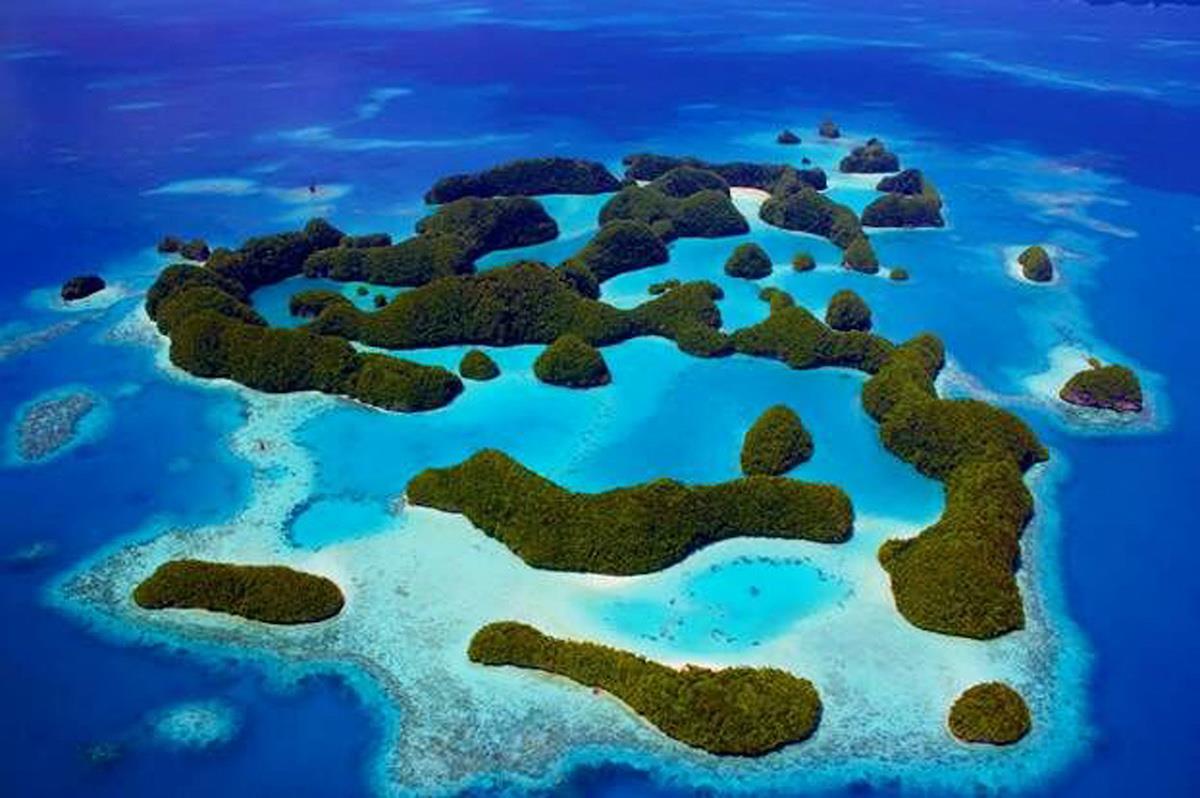
Palau's Rock Islands. The tiny Pacific island nation of Palau created one of the world's largest marine sanctuaries, saying it wanted to restore the ocean for future generations. And the country's Covid-free. Photo: The Pew Charitable Trusts
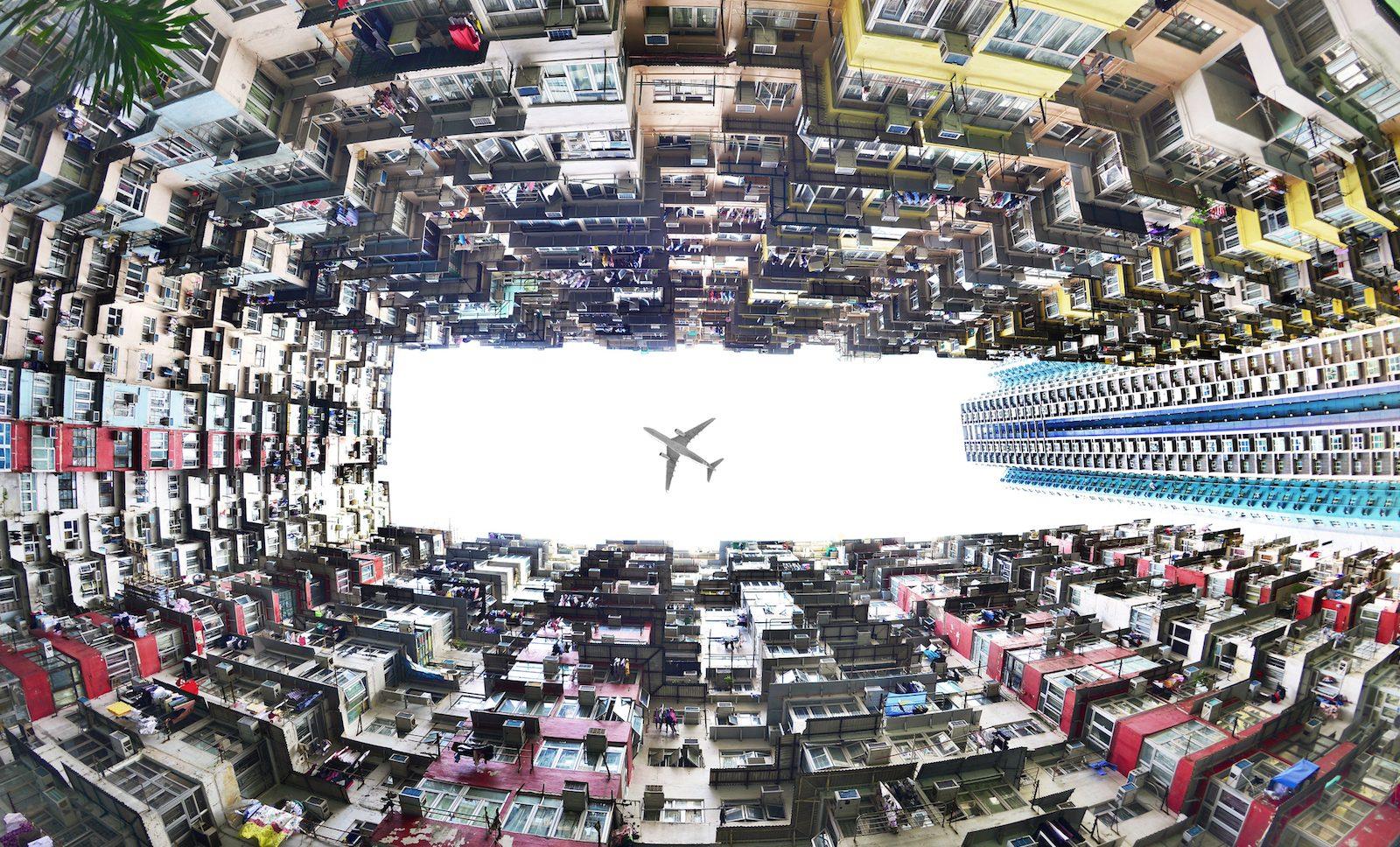
Sign up for one of our free newsletters
- The Daily ReportStart your day right with Asia Times' top stories AT Weekly ReportA weekly roundup of Asia Times' most-read stories
Under the agreement, signed in 2023, the Pentagon can land troops and weapons on COFA's territories and block other countries from doing so. The US military is popular among many COFA citizens who joined the US armed forces as a fast track to become American citizens after serving in Afghanistan, Iraq and elsewhere.
COFA's tiny Palau invited the Pentagon to build ports, bases and airfields on its islands, after feeling economically exploited and destabilized by China's overwhelming wealth, according to Palau President Surangel Whipps.
Under COFA, the US agreed to pay $7 billion over the next 20 years in assistance to Micronesia, the Marshall Islands and Palau. In February however,“the funding was dropped from the security supplemental in the US Senate, under pressure from conservatives who wanted to lower costs,” VOA reported.
“With no amendment process permitted, the funds could not be added back in.”
A mangled COFA could wreck the islands' confidence in US backing, critics said. It“opens the door for China to make similar overtures to the COFA nations,” Hawaii's Senator Mazie Hirono warned.
America depends on a Three Island Chain to buffer the US west coast from China's eastern shores, a concept rooted in 1951 during the US-Korea War to guard against the Soviet Union and China.
The First Island Chain includes Japan, Taiwan, the Philippines, Borneo and other islands closest to China in the increasingly weaponized and contested South China and East China seas.
The Second Island Chain is further from China and links Guam and the Mariana Islands, Palau, Yap and islands further south.
The Third Island Chain runs south from the Aleutian Islands, through the center of the Pacific and the Hawaiian Islands, to American Samoa, Fiji and New Zealand.
Richard S. Ehrlich is a Bangkok-based American foreign correspondent reporting from Asia since 1978, and winner of Columbia University's Foreign Correspondents' Award. Excerpts from his two new nonfiction books,“Rituals. Killers. Wars. & Sex. - Tibet, India, Nepal, Laos, Vietnam, Afghanistan, Sri Lanka & New York” and“Apocalyptic Tribes, Smugglers & Freaks” are available here .
Thank you for registering!
An account was already registered with this email. Please check your inbox for an authentication link.

Legal Disclaimer:
MENAFN provides the information “as is” without warranty of any kind. We do not accept any responsibility or liability for the accuracy, content, images, videos, licenses, completeness, legality, or reliability of the information contained in this article. If you have any complaints or copyright issues related to this article, kindly contact the provider above.
Most popular stories
Market Research

- Manuka Honey Market Report 2024, Industry Growth, Size, Share, Top Compan...
- Modular Kitchen Market 2024, Industry Growth, Share, Size, Key Players An...
- Acrylamide Production Cost Analysis Report: A Comprehensive Assessment Of...
- Fish Sauce Market 2024, Industry Trends, Growth, Demand And Analysis Repo...
- Australia Foreign Exchange Market Size, Growth, Industry Demand And Forec...
- Cold Pressed Oil Market Trends 2024, Leading Companies Share, Size And Fo...
- Pasta Sauce Market 2024, Industry Growth, Share, Size, Key Players Analys...


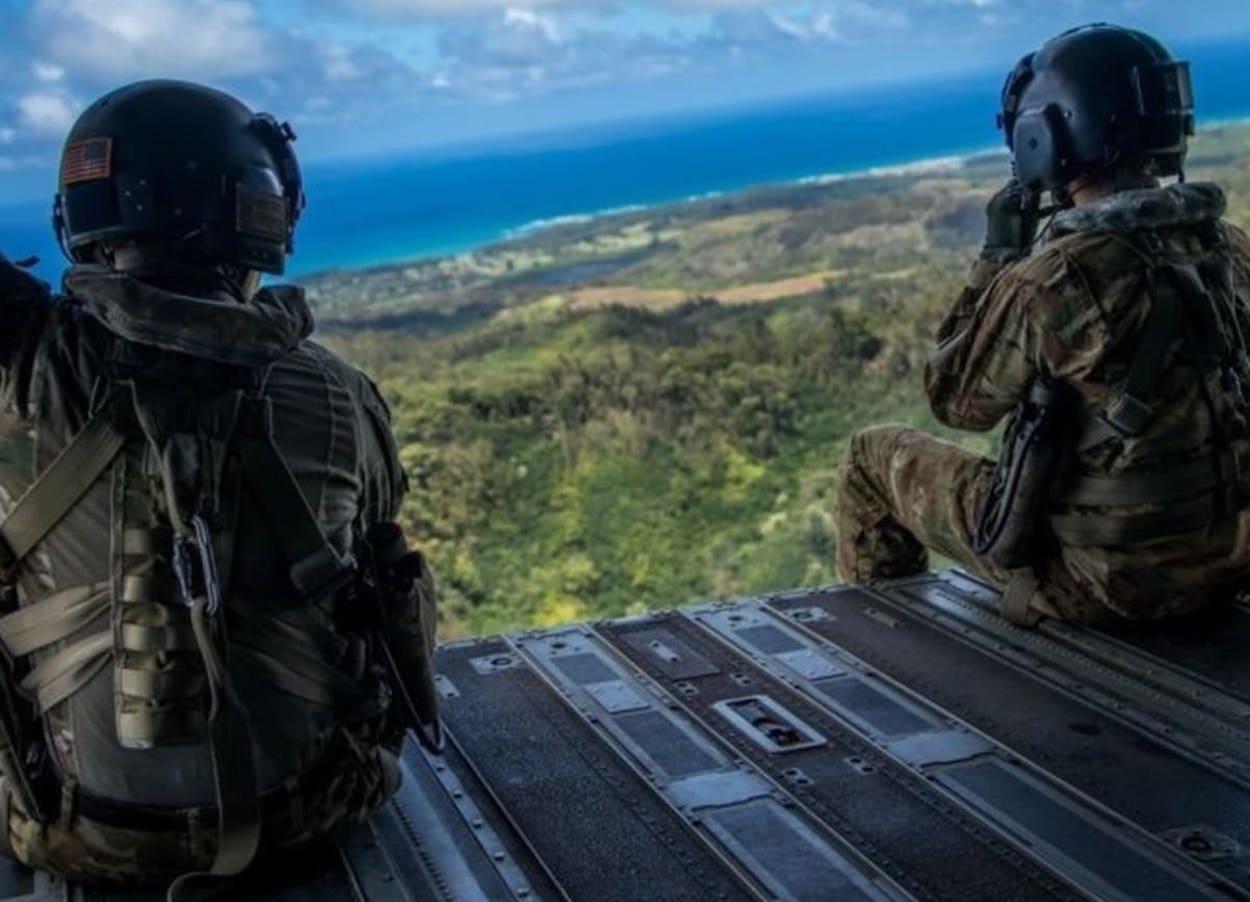


















Comments
No comment